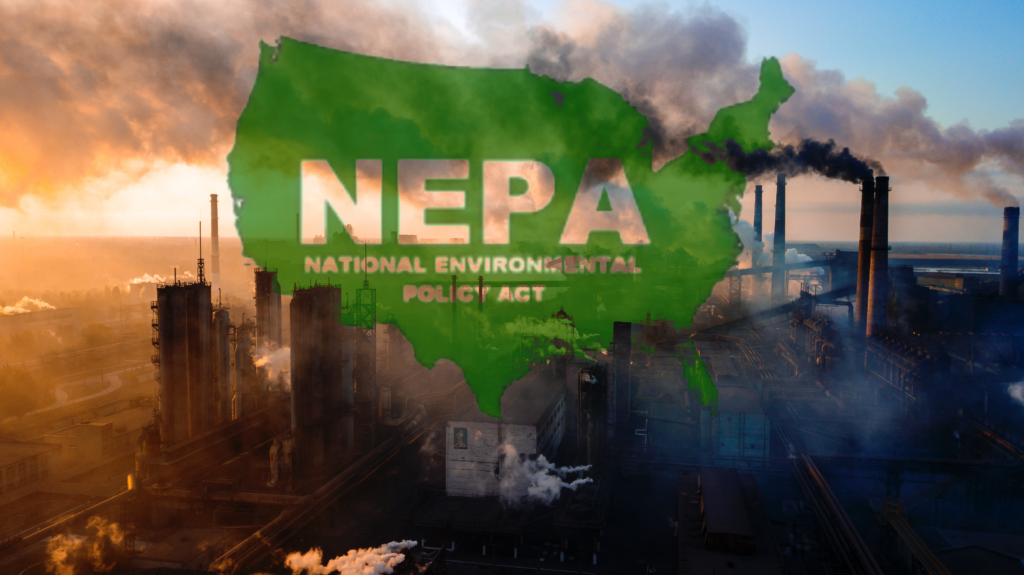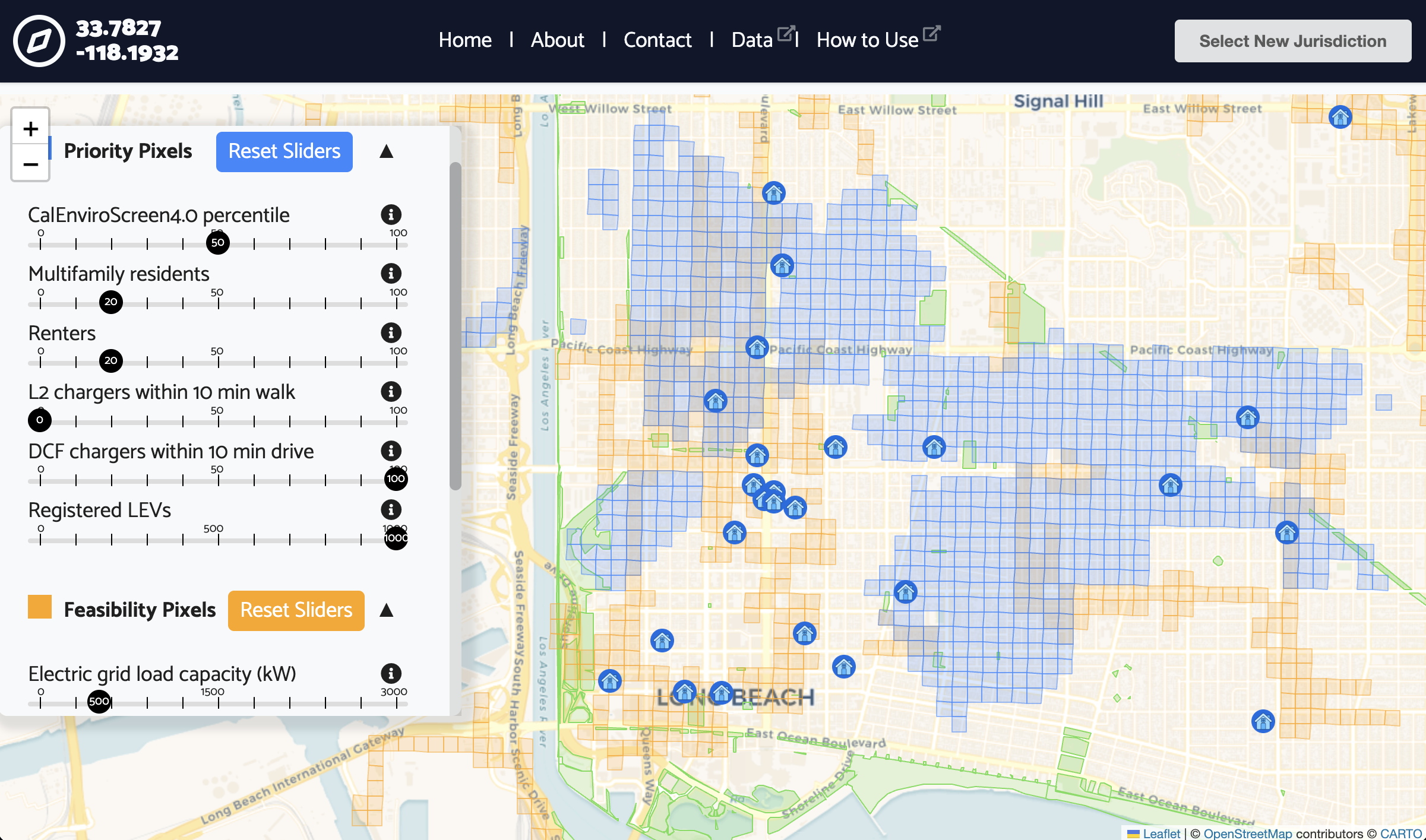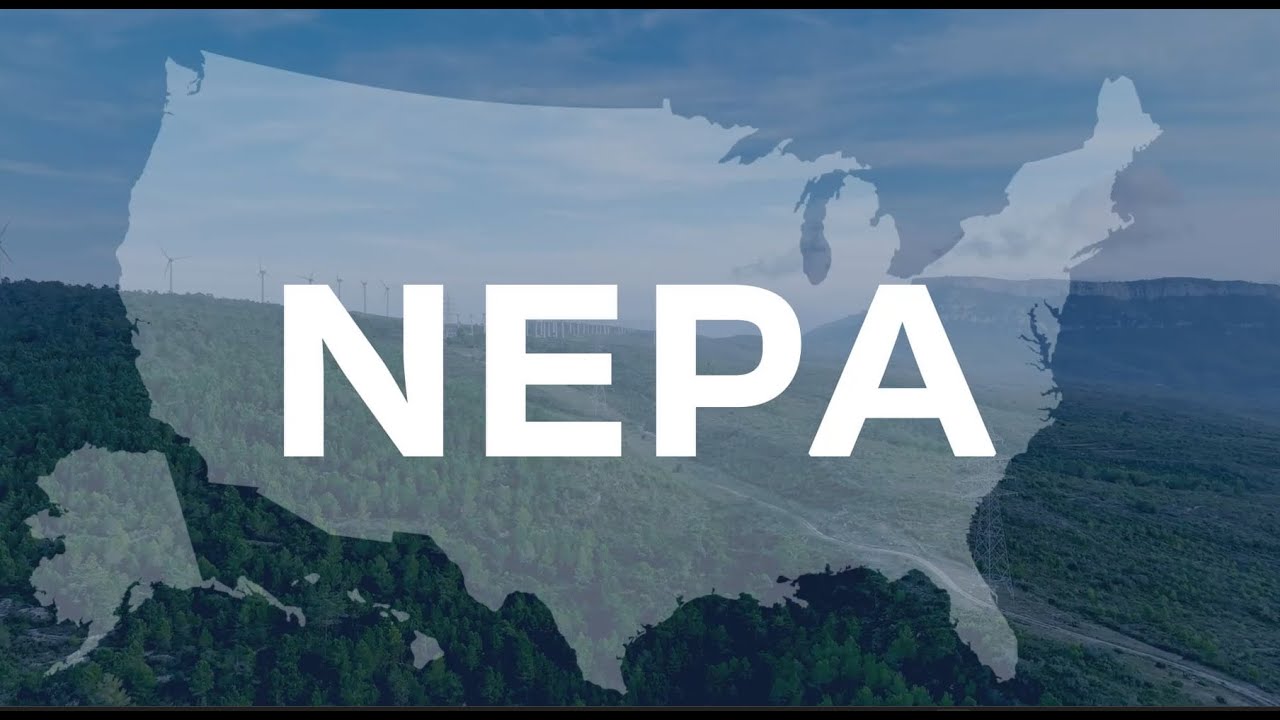Creating an Anti-Rollback Playbook
The Administration has a favored toolset for justifying its rollbacks. We need to perfect the counterarguments.
Environmentalists need to develop some broad strategies to combat Trump rollbacks, least they become mired in an overwhelming number of details. The Trump Administration seemingly has a million rollbacks going but they rely on a relatively small numbers of strategies. The task will be developing effective counters to these strategies. The responses can then be fine-tuned for application to specific rollbacks. Below, I set out some of the core Trump strategies and discuss...
CONTINUE READINGAt a Loss for Words? Resist Climate Silence
The Drain is a weekly roundup of environmental and climate news from Legal Planet.
A few years ago, I was writing about how President Joe Biden was flying around the country to promote his landmark climate law without uttering the word “climate.” Seems so quaint. Now, we find ourselves in a place where “climate change” is on a list of banned words maintained by the U.S. Energy Department, along with adjectives like “green” and "clean," and nouns like “emissions,” “sustainability,” ‘footprint,’” and “tax breaks, tax credi...
CONTINUE READINGNEPA Update: The Other Shoe Drops
A New D.C. Circuit Case reads the Seven County decision for all it is worth.
In a new decision, Tennessee Pipeline v. FERC, the D.C. Circuit has taken a hatchet to judicial review of environmental impact statements. The opinion by (the court’s most activist conservative gave the broadest possible reading to a recent Supreme Court ruling, the Seven County Infrastructure case. In doing so, the court ignored earlier NEPA precedent that the Seven County did not overrule, and recent administrative law rulings. In Seven County the Supreme Court he...
CONTINUE READINGWebinar: Climate Policy without the Endangerment Finding
UCLA Law's "Up in the Air" webinar explores the future of federal and state climate policy if the endangerment finding is repealed.
As Environmental Protection Agency Administrator Lee Zeldin rushes to rescind the endangerment finding — which some have called “the Holy Grail of U.S. climate policy" — the UCLA Emmett Institute hosted an expert panel discussion on the reasoning and ramifications of such a move. The effort underlines “an extraordinarily dark time in U.S. environmental politics,” UCLA Law Professor Ann Carlson said during the webinar. "But all is not lost," she added. ...
CONTINUE READINGOne Easy Fix to Prepare for the Next Big Disaster
A little-known drafting wrinkle in current state law is impeding local governments from springing into action after disasters.
Along with my fellow Angelenos, this year I’ve had a front-row seat to the challenges of regional recovery from a major disaster event. The January 2025 Eaton and Palisades wildfires devastated LA-area communities, including two—the Palisades and Altadena—locally renowned for their distinctive neighborhood feel. In the aftermath, the response highlighted challenges at every level of government, from concerns about the adequacy of federal cleanup efforts to loca...
CONTINUE READINGAfter Trump: Recreating Agencies From the Ground Up
A Game Plan for 2029
A new President who wanted a major course-correction away from Trumpism would immediately be faced with a huge problem: Trump will be leaving the apparatus of government in shambles. Much of the government’s top echelon – the most experienced and expert public servants — will have been forced out or will have fled the government voluntarily. The lower ranks will be depleted and demoralized. Rebuilding is a longer-term project, but a new President can’t afford to ...
CONTINUE READINGWhere Should EV Chargers Go?
California set an infrastructure milestone - but how can it reach ambitious goals for EV drivers?
As the California Energy Commission proudly announced this week, the state is now home to over 200,000 publicly accessible electric vehicle chargers. This milestone is worth celebrating, both in absolute and relative terms: California has far more individual public charging ports than gasoline nozzles, and with around 2 million EVs now on the road, around one public port for every ten vehicles. With many EV drivers regularly charging at one of the estimated 800,000 home ...
CONTINUE READINGA Breakthrough From India?
For only the second time in half a century, India's power generation emissions drop, demonstrating that the world is moving on from the United States
Good news is very hard to come by nowadays, so this recent analysis from the Centre for Research on Energy and Clean Air, a Finnish think tank, is particularly welcome: India’s carbon dioxide (CO2) emissions from its power sector fell by 1% year-on-year in the first half of 2025 and by 0.2% over the past 12 months, only the second drop in almost half a century. Other key findings on India for the first six months of 2025 include: The growth in clean-energy cap...
CONTINUE READINGCalifornia and Brazil Advance Joint Climate Action
The new MOU announced at New York Climate Week increased engagement and joint climate leadership ahead of COP30.
This week, California Governor Gavin Newsom led a high-level meeting with Brazil's Environment Secretary Marina Silva to expand the long-running partnerships that exist between the Golden State and the largest country of Latin America. The meeting resulted in a new Memorandum of Understanding (MOU) between both governments to continue to collaborate on climate action. Although this MOU is between a national government and a sub-national government, it highlights the ...
CONTINUE READINGReinventing NEPA
What do we really want NEPA to do? And what’s the best way to do it?
NEPA has been weakened by Congress, the White House, and the Supreme Court. It’s attacked by both the oil renewables industry. Imagining reform legislation from Congress is difficult, but it’s worth imagining, if only as a thought experiment, how we could do better. I would suggest we start by asking what we can expect NEPA to accomplish after fifty years of judicial decisions and agency practice – and whether there are better ways of accomplishing those things...
CONTINUE READING













